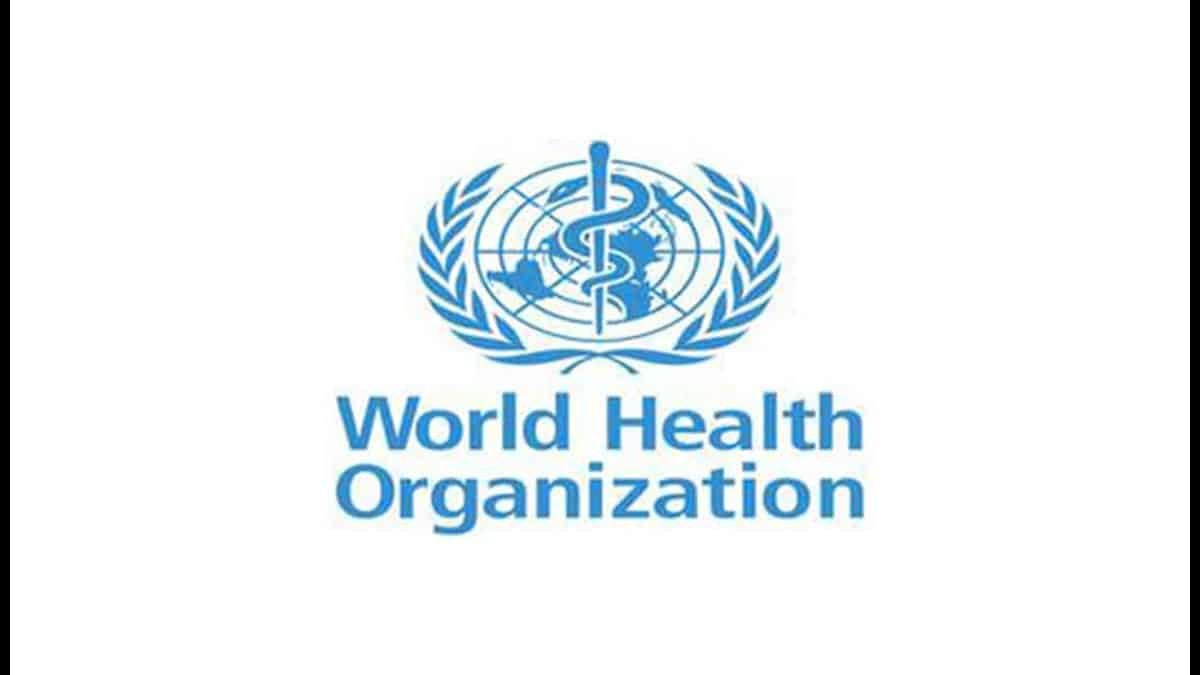The World Health Organization (WHO) has reconvened the Monkeypox Emergency Committee to investigate the public health consequences of the multi-country outbreak’s shifting dynamics.
The World Health Organization (WHO) has reconvened the Monkeypox Emergency Committee to investigate the public health consequences of the multi-country outbreak’s shifting dynamics.
This comes as the global number of infections has surpassed 14,000, with six nations reporting their first cases just last week. The committee met for the first time last month and opted not to declare it a public health emergency of worldwide importance. On Thursday, WHO chief Tedros Adhanom Ghebreyesus acknowledged his “acute” awareness that any decision regarding the possible determination involves “the consideration of many factors, with the ultimate goal of protecting public health”.
In his introductory remarks to committee members and advisors, he stated that the group had already helped “delineate the dynamics of this outbreak.”
“As the outbreak develops, it’s important to assess the effectiveness of public health interventions in different settings, to better understand what works, and what doesn’t”.
Monkeypox, a rare viral disease, occurs primarily in tropical rainforest areas of Central and West Africa, though it has been exported to other regions. This year, more than 14,000 cases have been reported across 71 Member States, from all six WHO regions.
Tedros revealed that six countries reported their first cases last week and that the vast majority continue to be among men who have sex with men. “This transmission pattern represents both an opportunity to implement targeted public health interventions, and a challenge because in some countries, the communities affected face life-threatening discrimination,” he said.
He warned of “a very real concern” that men who have sex with men could be “stigmatized or blamed…making the outbreak much harder to track, and to stop”.
“As many of you know from your deep engagement with these communities, there is a very real concern that men who have sex with men could be stigmatised or blamed for the outbreak, making the outbreak much harder to track, and to stop,” the WHO chief said.
He further affirmed that one of the most powerful tools against monkeypox is information,
“The more information people at risk of Monkeypox have, the more they are able to protect themselves,” Tedros said.
“Unfortunately, the information shared with WHO by countries in West and Central Africa is still very scant”.
The failure to identify the epidemiological status in such locations represents a “substantial challenge” in creating strategies to manage the hitherto ignored illness.
The UN health agency is collaborating closely with impacted communities across all of its zones, and as the outbreak progresses, it has urged for expanded, “targeted and focused” access to all countermeasures for the most vulnerable groups.

